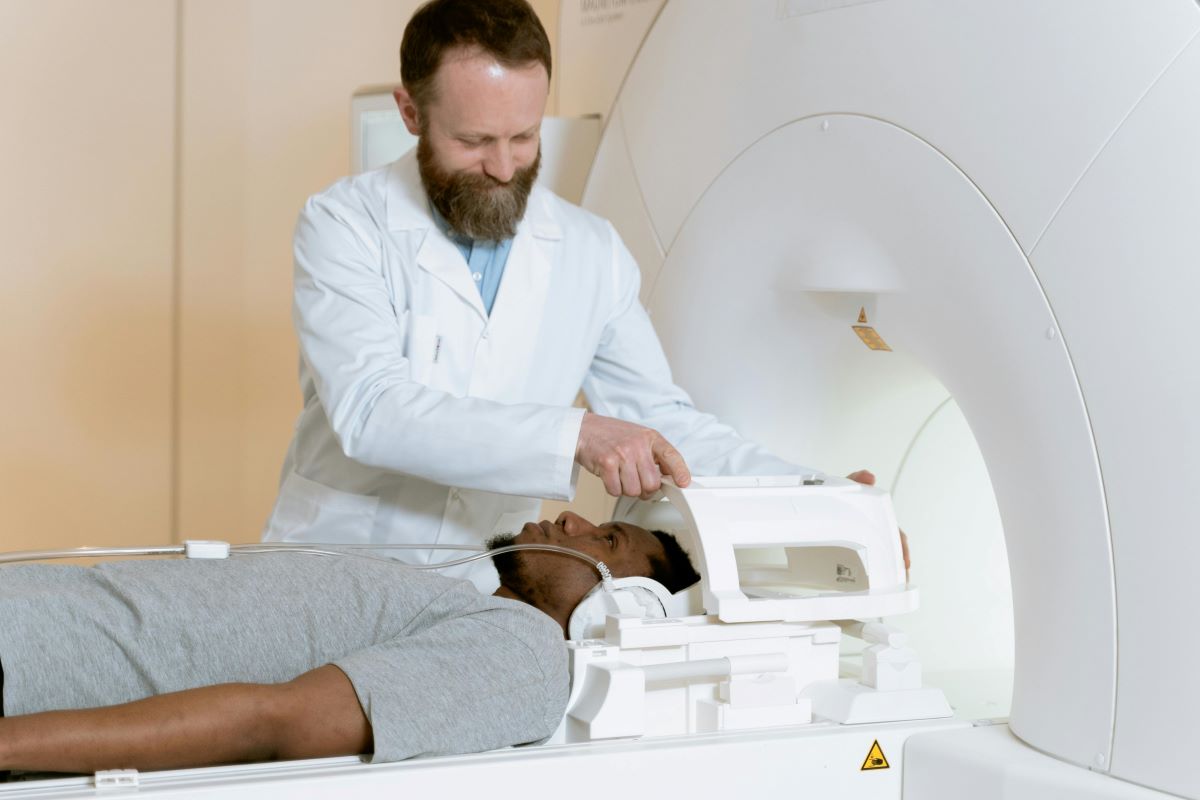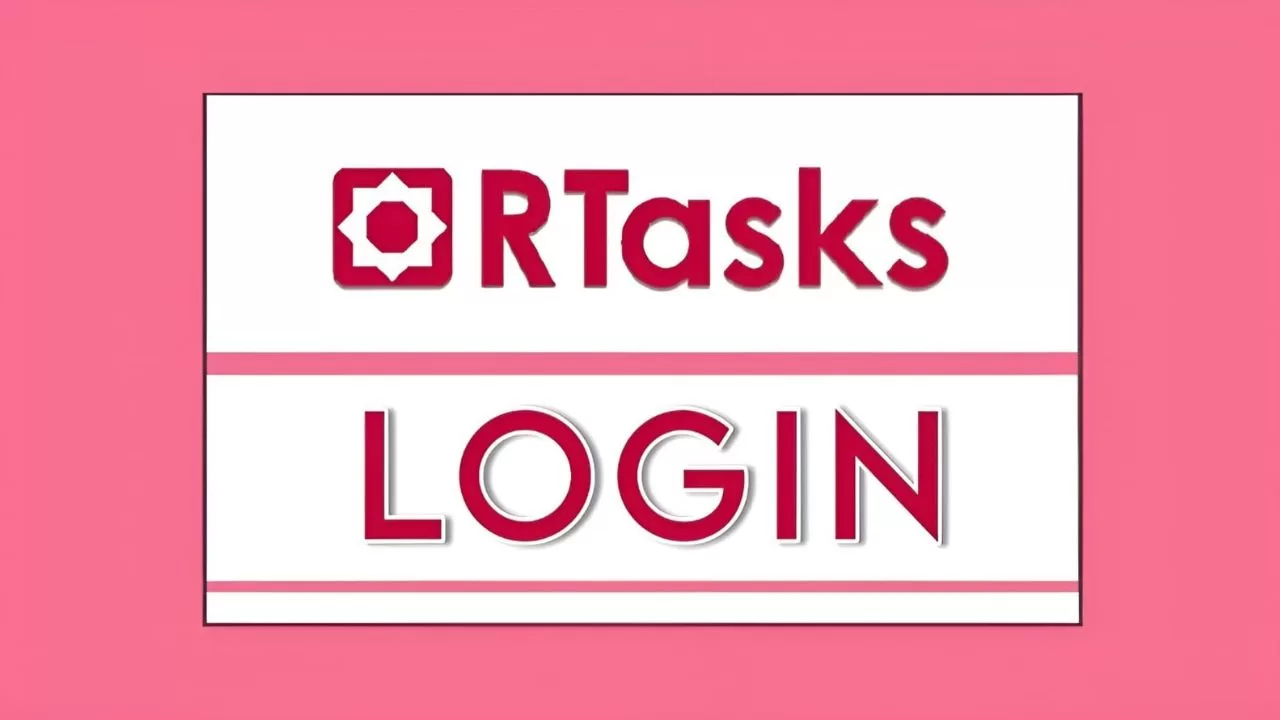Technology has created new opportunities for data collection and mental health services. The public, medical specialists, and academics now have new options to receive care, track improvement, and develop their understanding of mental health, thanks to mobile devices — including computers, laptops, mobile devices, and tablets.
Support for mental health on the go may be basic yet highly powerful. For instance, the Suicide and Crisis Lifeline is always open to calls, texts, and chats from anybody with a phone or computer. This means people have constant access to mental health support thanks to the rapid advancements in technology and medical sciences.
In this article, we will look at the various benefits of telehealth technology in mental health counseling. The ethical issues involved, and how we can leverage online platforms for counseling and support.
Benefits Of Technology In Mental Health Counseling
Both individuals seeking mental health treatment and mental health professionals offering such services can benefit greatly from the use of mental health apps and other related technologies. Convenient telehealth mental health counseling services allow access to medical care at any time of the day. The patient is, whether they need help while at home in the middle of the night or on the subway on their way to the office. This makes these services ideal for people who struggle to get to in-person appointments.
Likewise, thanks to this technology, patients are now able to get private, anonymous care in the convenience of their own homes, meaning they do not have to disclose their identity if they feel uncomfortable doing so. Another major benefit of telemedicine technology in mental health counseling services is that it serves as a beneficial initial step for those who have previously been unwilling to seek mental health treatment.
Lastly, telehealth technology also supports greater outreach, which means that it assists mental health providers in offering care to patients in isolated locations or to large populations during emergencies, such as following a traumatic incident or natural catastrophe.
Ethical Considerations In Telehealth
When conducting mental health counseling sessions through a telemedicine platform, it is important for healthcare practitioners to ensure they address any possible ethical issues that may arise. Mental health counselors must ensure that the platform they are using to communicate with the patient follows strict encryption and security of patient information, as this is the primary right of the patient.
Secondly, counselors must never forget to take informed consent from their patients after clearly explaining to them about risks and limitations of mental health counseling via telemedicine. Another ethical consideration to keep in mind is that counselors must always make sure that their knowledge is up to date. They can do so by continuing their education, such as by enrolling themselves in advanced study courses like the online Master’s Degree in Mental Health Counseling offered by American International College. This course is taught completely online, and aspiring students can study at flexible times from the comfort of their homes.
Mental health counselors must also be able to establish clear boundaries and always maintain professionalism when conducting teletherapy sessions. While communicating with their patients, they must also exhibit cultural competence. They will be interacting with patients from diverse backgrounds.
Best Practices In Telehealth Mental Health Counseling
Mental health counselors must consistently adhere to best practices. They should always select to work on platforms that are HIPAA-compliant to provide the best experience for all patients. They must make sure they follow local and state described rules and regulations for conducting teletherapy sessions with patients. All counselors must be licensed at the time of conducting telecounseling sessions and must have proper accreditation that allows them to practice.
Before beginning telecounseling sessions, counselors must ensure that their equipment is functional. The quality and speed of the internet are sufficient to conduct a fruitful session with the patient. The atmosphere in which these sessions are held must also be professional and free from any background sound. This is very important because a noisy environment can lead a patient to think that their conversation may be overheard by someone other than the counselor. Also, the patient may get distracted between conversations, become anxious, or resist disclosing details of their situation.
In line with the legal and ethical guidelines, counselors must note down crucial patient information. They keep proper patient records of their teletherapy sessions so that they can get back to them if ever needed. Counselors must also be sure to establish a follow-up protocol that allows them to keep track of the patient’s progress. They must always have a plan B to conduct their follow-up sessions in case technology crashes.
Leveraging Online Platforms For Counseling And Support
Leveraging the use of online platforms for counseling and support services is crucial, especially in the current post-pandemic era, where people are still exhibiting signs of trauma. Moreover, mental health issues have become more common globally than ever. It strongly suggests a need for more initiatives to provide round-the-clock support for people.
Apart from teletherapy sessions, the outreach of online platforms for counseling and support can be improved by working on mobile phone applications. It offers cost-effective services such as access to support groups, online communities, group calls, and webinars. Workshops to create more awareness about mental health and the benefits of teletherapy can also prove to be very beneficial.
Conclusion
It is common for people to be skeptical about technological advancements. It is common for new technology to make everyday life easier. Embracing teletherapy as an extension of traditional counseling services can improve accessibility as well as the availability of services.
It is crucial to stick to best practices and make sure that confidentiality is not breached. However, as the nature of the field means that such practices are in place anyway. This is not too challenging to implement and make sure that teletherapy is safe, confidential and beneficial for service users.
Read also:




